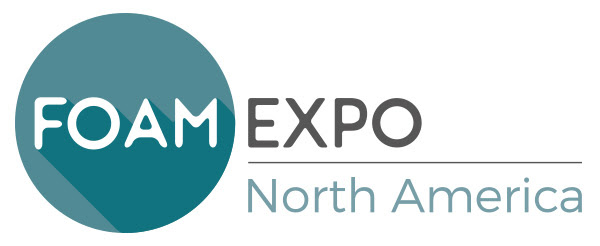One overlooked policy response to the coronavirus has been a changing of attitudes toward plastic. While plastic has drawn the ire of environmentalists in recent years due to concerns regarding pollution, some businesses are now being forced to use more plastic – as a matter of public health.
In the late 1980s, concerns over the environmental impact of logging for the production of paper products, and a belief that plastic bags were more sanitary, led to a widespread adoption of the material in the U.S. As a returning Navy veteran in 1989, after having been in Iceland for 18 months, I (Collier) remember going to California and being asked “paper or plastic” for the first time. While the past few years have seen a shift in environmental priorities, in 2020 plastic is reappearing many places out of necessity.
Starbucks, for instance, stopped allowing customers to use refillable cups (a previously encouraged practice) for fear of contaminating their stores with the coronavirus. The popular coffee chain offers only disposable cups now – and many of them, like those for iced tea and iced coffee, are made of plastic. Though the practice was well intentioned, Starbucks was correct in now acknowledging that “reusable” cups are germ factories.
Grocery stores have also had to rethink plastic in the age of coronavirus. In California, a state which had moved to ban single-use plastic bags several years back, customers are now being asked to leave their reusable shopping bags at home due to health concerns.
The shift toward plastic has also been extremely pronounced when considering the sale of water bottles. The Washington Post reports that Costco has seen a spike in bottled water sales as people stock up to ensure they have an adequate supply to self-quarantine. One cannot overlook the fact that in some places, like the infamous case in Flint, Michigan, the need for clean, storable drinking water is especially urgent when facing a stay-at-home-order and your tap water is compromised. In fact, a recent national poll showed that only 24% of Americans were “very confident” their tap water was always safe.
All of this should be kept in mind when lawmakers are considering policies to tax, regulate, or outright ban the use of certain plastics. Can Chicago really defend its 5 cents per bottle tax on water at a time when residents are stocking up out of necessity?
Moreover, once the coronavirus has been beaten back, shouldn’t we expect a similar surge during the next crisis?
It will be interesting to see what the public’s appetite for single-use plastic bans will be once fears of the coronavirus dissipate. After experiencing the biggest emergency we’ve faced in a lifetime, we may want to think twice about getting rid of the things we need most. While coronavirus fears will eventually fade, the underlying sanitary issues with reusable items will not.
While we share the concerns about plastic pollution in the ocean – the vast majority of which stems from nations other than the U.S. – and are fully supportive of private sector efforts to address this, such as Evian’s decision to shift to bottles made from 100% recycled plastic, the coronavirus has served as a reminder as to why we use plastic in the first place.
Lawmakers should address the environmental concerns by applying more pressure to the countries that are the predominant sources of pollution — not by instituting draconian bans or immoral Chicago-style taxes.
We sympathize with environmental interests, but the road to a lot of bad places is paved with good intentions.
Bill Collier is a Navy veteran who was involved in intelligence analysis during the latter days of the Cold War, and is president of the Capitalist League. Jon Decker is a director at the Capitalist League and works on behalf of several free market organizations.



